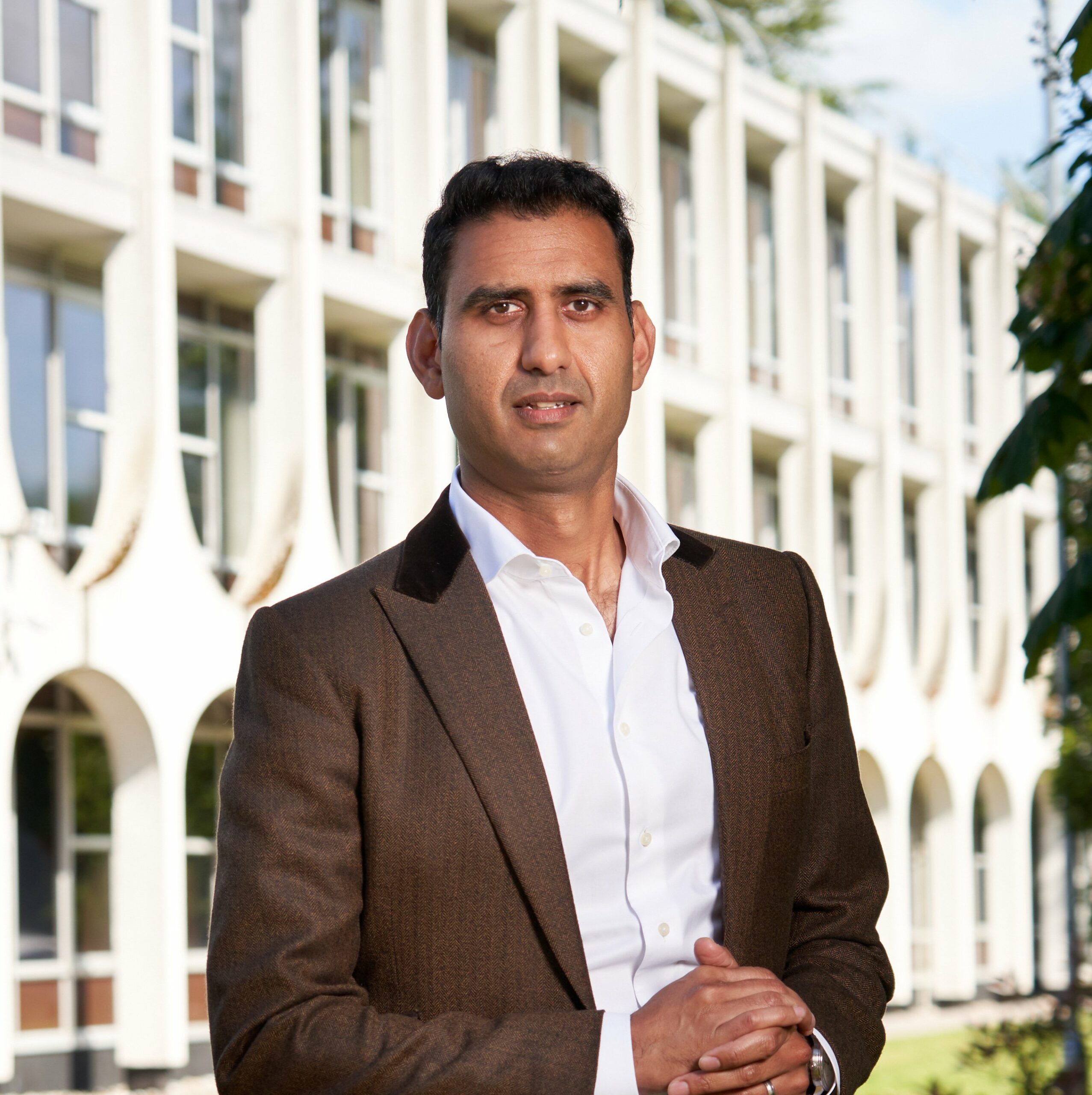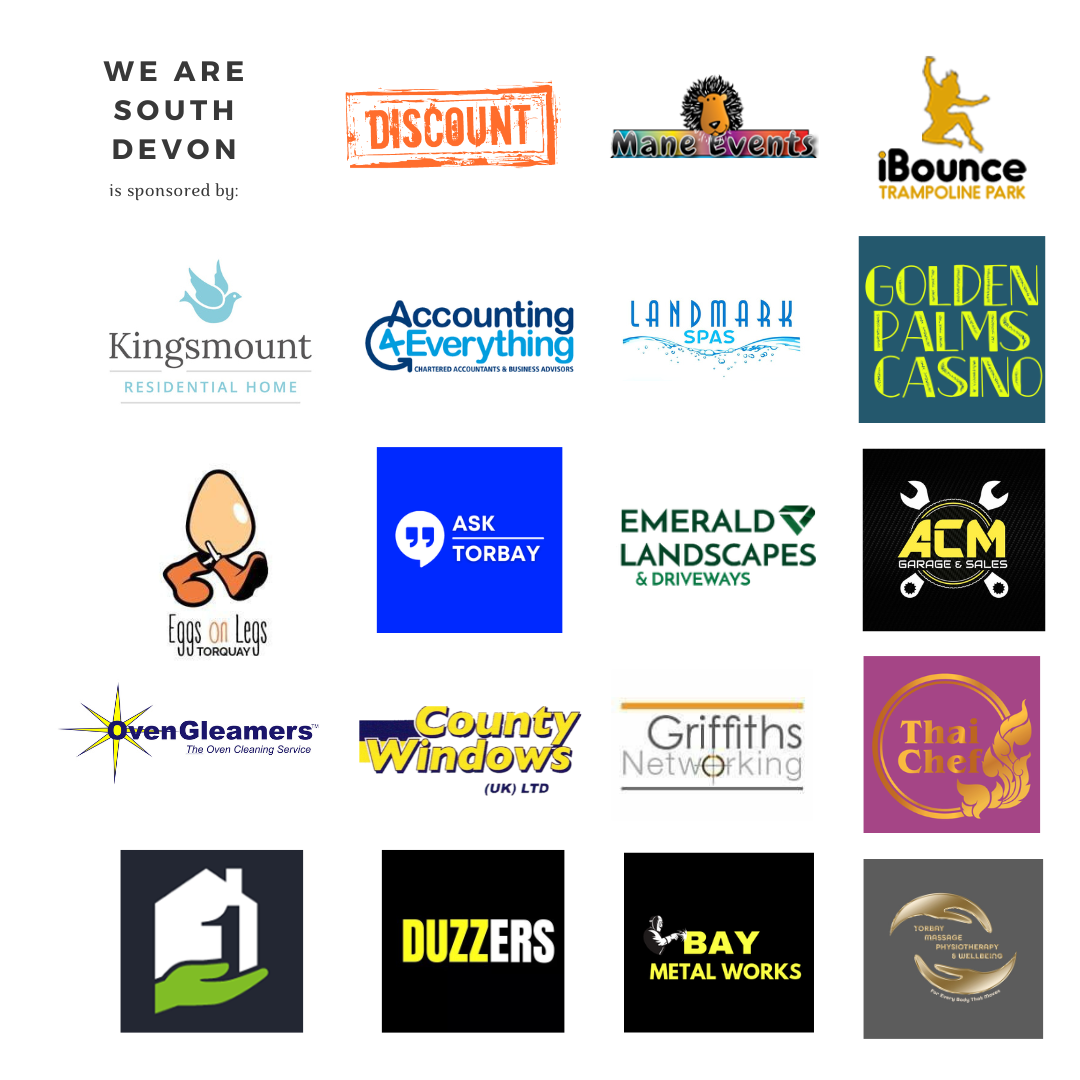A campaign to safeguard access to TV and radio through an aerial has revealed research demonstrating that 90% of people in the South West want to see continued support for these services.
Digital terrestrial television (DTT) – better known as Freeview – is universally available across the UK. It doesn’t need a superfast broadband connection and there is no additional monthly subscription cost. Data, commissioned by infrastructure company Arqiva, shows that Freeview services are accessed by 53% of people in the South West every week.
The campaign, called Broadcast 2040+, comes as the Government and regulator Ofcom, make important decisions about the future of broadcast in the UK.
On current plans, there is only certainty of provision for TV and radio through an aerial until the early 2030s. There are a series of upcoming decisions on the long-term future of broadcast services. The first of these will be taking place at the World Radiocommunication Conference (WRC) next year, where countries will decide how much spectrum – radio frequencies used for broadcasting – should be allocated to TV and radio, and how much should be given to other technologies like mobile services.
Decisions at previous WRCs have already led to a reduction in the amount of spectrum allocated to digital terrestrial TV, with services squeezed into fewer and fewer frequency bands.
The campaign also follows the BBC’s recent announcement in their Mid-Term Charter Review that BBC4, CBBC and Radio 4 Extra will be moved online only.
Key points from the Broadcast 2040+/IPSO research:
53% of people in the South West access TV through an aerial every week90% of people in the South West want to see continued support for digital terrestrial TV and broadcast radioAcross Great Britain more than 8 in 10 believe Government or local MPs should actively support the continued provision of these services. A similar proportion believe the BBC should be doing soOlder people, lonely, less well-off and those in rural areas are most reliant on Freeview and radio services – which are universally accessibleBroadcast 2040+ campaign has support from Age UK, Silver Voices, the Rural Services Network and the Voice of the Listener & Viewer to secure a commitment from Government on the future of broadcast
The Ipsos research shows that across Great Britain, 85% of people believe Government or local MPs should actively support the continued provision of broadcast TV and radio services into the future, while 83% believe the BBC should be doing so.
For millions of people across the UK, universally available broadcast TV and radio services play a crucial role in their daily lives. Freeview is watched on around 35 million TV sets in the UK [BARB, 2020]. The Ipsos research shows that over half of adults in Great Britain have watched Freeview in the past year (56%), with 43% watching it at home every week. Around 40 million people aged 15 and over tune into radio each week according to RAJAR, with the majority listening through DAB or AM/FM.
The Ipsos research highlights that services received through an aerial are particularly important for vulnerable groups, including older people who may lack the digital skills and confidence to use streaming apps, and people living in rural areas where the lack of, or aged, network infrastructure means they are less likely to have a superfast broadband connection.
People struggling with the cost of living also depend on Freeview. Rising prices have led households to cut back on TV streaming services as people look for ways to save money, with more than half a million subscriptions cancelled for this reason in the first three months of 2022, according to Kantar.
To ensure the needs of South West audiences who depend on these services continue to be met, TV & Radio infrastructure company Arqiva has launched the Broadcast 2040+ campaign in coalition with organisations including Age UK, Silver Voices, the Rural Services Network and the Voice of the Listener & Viewer.
The campaign aims to secure a commitment from Government that DTT and broadcast radio will be safeguarded to 2040 and beyond.
The Ipsos research also shows the significant negative impact of the potential loss of broadcast TV and radio, particularly for those who are vulnerable. A quarter of people (25%) said that they would be “very lonely” if they lost their Freeview services, rising to more than 2 in 5 (44%) of those who are 65 and older and living alone.
When a fire at the Bilsdale mast in North Yorkshire left hundreds of thousands of homes without signal last year, over 8 in 10 (83%) people who lost all their TV channels recalled being ‘personally affected’. Many said they felt ‘angry’, ‘frustrated’, ‘isolated’, ‘depressed’, ‘disconnected’ and ‘unhappy’, and around 2 in 5 (43%) agreed that they found it very hard to keep up to date with what was happening in the world.

Shuja Khan, Arqiva’s new Chief Executive Officer said:
“Whether it’s having the radio on over breakfast or watching the news during major global events, TV and radio binds us together as families and communities.
“This national asset cannot be taken for granted and I’m proud of the difference broadcast services make to the lives of people up and down the country.
“People in the South West – including the most vulnerable – depend on content that is available to them at all times, no matter where they live, and doesn’t need a subscription or a superfast internet connection.
“That’s why we’re launching the Broadcast 2040+ campaign in coalition with other groups, to give a voice to viewers and listeners and encourage decision-makers to preserve these critical services for the long-term.”

Whilst you’re here:
Did you know we rely on local businesses and the community to help keep us online? Our community website is an alternative to the mainstream media – For the people, by the people. You can help us stay online by becoming a supporter on Facebook. In return, you will have access to exclusive content. Click here for information.
You can join us on our social media pages, follow us on Facebook or Twitter and keep up to date with whats going on in South Devon.
Got a news story, blog or press release that you’d like to share or want to advertise with us? Contact us




























